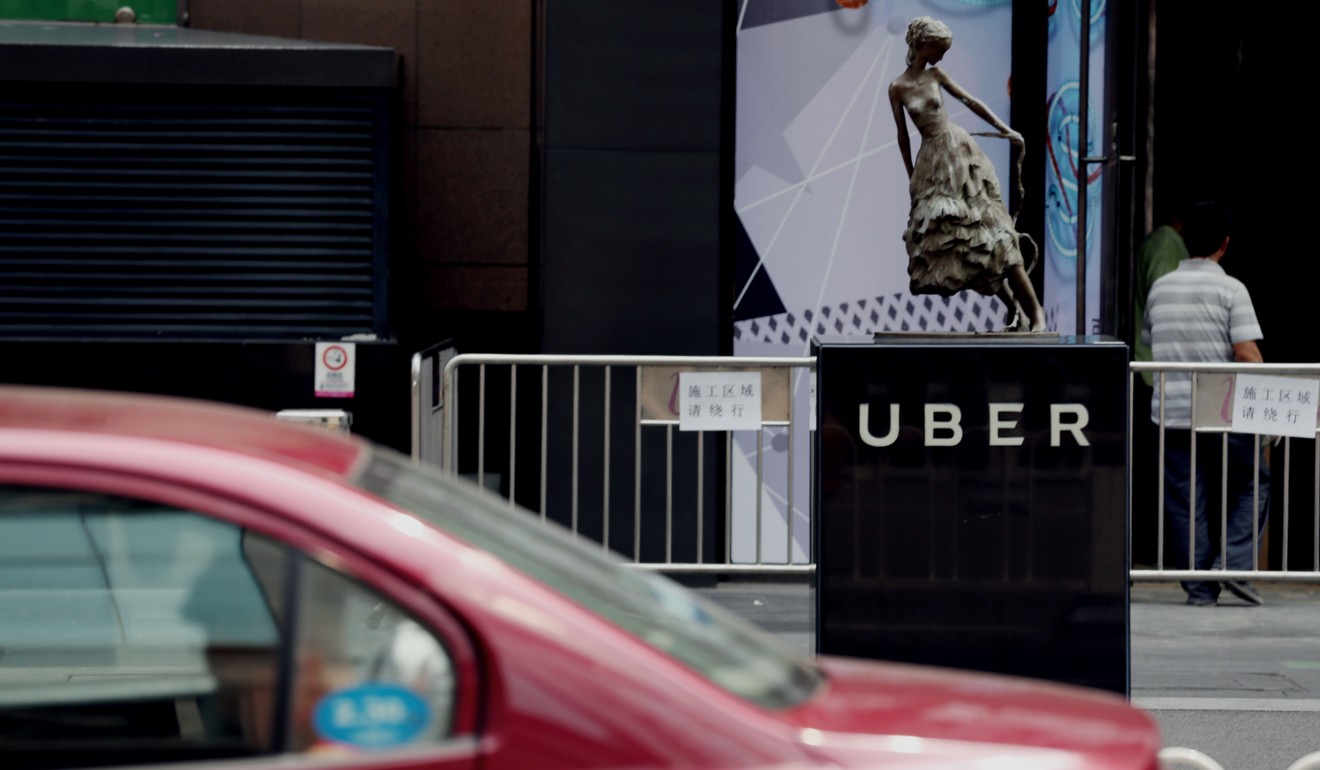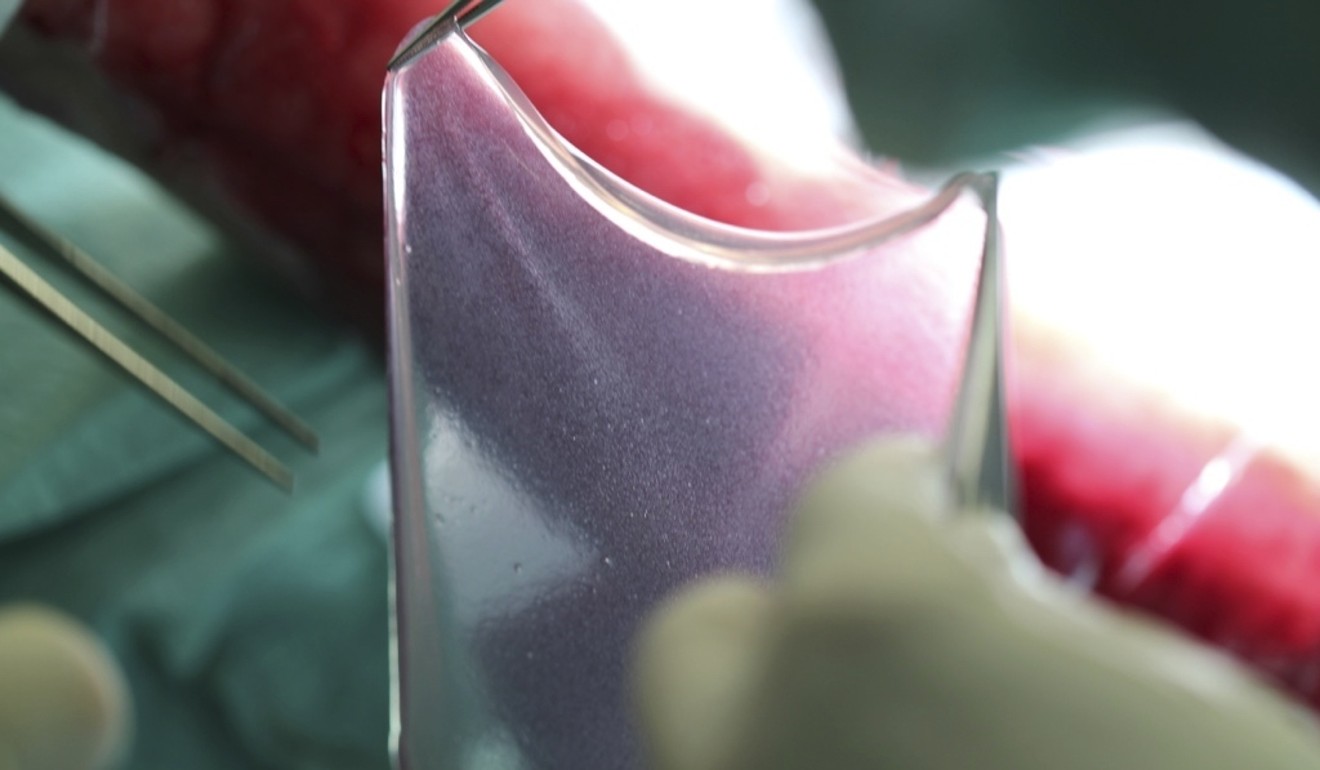
To drive innovation from the bottom up, Hong Kong needs deregulation from the top down
Sunny Cheng says the quality of local transport apps is but one example of institutional complacency, and it’s time for the government to shake up monopolies and create opportunities for the public to innovate
All of this shows that innovating from the top of complacent organisations is seldom efficient; top executives are often obstacles to change.

Didi Chuxing, China’s Uber, is building countrywide charging network to drive into EV future
Here in Hong Kong, the locations of all buses are available through GPS, and the government can access this data. If data were provided freely to the public, a team of high school students could develop better bus apps than we have now.
Locking up the data will never get us anywhere. Hong Kong has a huge data depository of human movement in Octopus, recording users’ times and locations. If data becomes publicly accessible, we can make a smarter city in no time. We need government deregulation, shaking up monopolies and creating opportunities for the public to innovate.
Another government function is to create high-value jobs for the young. The US Food and Drug Administration’s conservative regulations help big biopharmaceutical companies take advantage of the high costs of drug development to kill off innovative market entrants. New drugs become astronomically expensive to develop, with the latest cancer immunotherapy treatment costing US$373,000.

Hong Kong’s first cancer centre to provide advanced treatments for city’s biggest killer
“Smart policies” should shake up our establishments, deregulate conservative regulations and create new high-value jobs for our youth.
The Japanese Pharmaceuticals and Medical Device Agency has set an excellent example. In just a few years, they have become the world leader in cell therapy, the result of smart policy initiatives.
Dr Sunny Cheng was a senior manager at Hong Kong’s Innovation and Technology Commission
